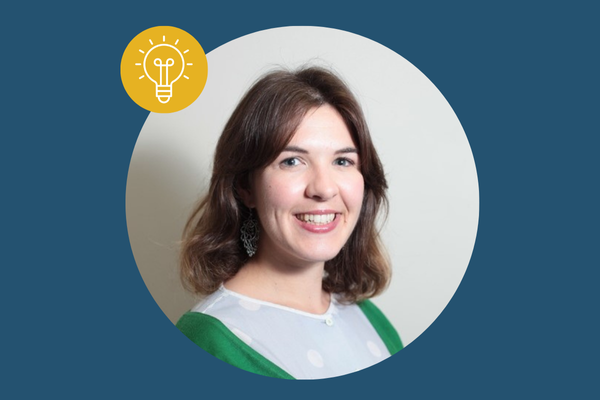Tell us about the innovation. What does it do, how does it help, who does it help and why is it important?
• Clinicians receive up-to-date, condition-specific insights into patient progress, enabling more informed, personalised care decisions.
• MCO can sit separately, or integrate with existing Electronic Patient Records (EPRs) and Patient Administration Systems (PAS), streamlining workflows and reducing manual data entry.
• MCO supports virtual clinics and asynchronous follow-ups, enhancing capacity and reducing unnecessary inperson visits.
• Hospitals can identify unwarranted variation in outcomes, benchmark performance, and optimise resource allocation to improve patient care and reduce costs.
• By automating PROMs collection and analysis, MCO reduces administrative burden and supports compliance with regulatory requirements.
• MCO helps stakeholders measure outcomes which are the engine for value based-healthcare in demonstrating the value of healthcare interventions by linking patient-reported outcomes to
clinical and financial metrics.
Which health innovation networks have you been supported by?
What are the plans/next steps for this innovation?
We’ve recently been shortlisted for the 2025 Health Service Journal Digital Award “Empowering Patients Through Digital” for our project with University Hospitals Sussex; “PROMs for Cancer Care Support in Sussex” so we’re excited for the award event this summer!
What’s your biggest piece of learning from innovating in the NHS?
meet the diverse needs of healthcare providers and patients.
What are your hopes for the future?
We take our credibility and reputation for delivery of a high quality, costeffective technology platform and service incredibly seriously and bring over a decade of experience and expertise to UK’s health and social care sector. We hope to continue working with partners to quickly and cost-effectively configure co-branded versions of our platform to support the remote collection of the patient-reported data they need to inform clinical decisions, identify unwarranted variation or automate data submissions to registries and regulators.
What’s the best part of your job?
It is an incredibly exciting time to be working in the outcomes and value based healthcare space, as we all increasingly recognise the need for empowering our patients to have more say in their care and treatment for making informed decisions. I get to work every day with a passionate team dedicated to the highest of information security and governance standards, usability and accessibility.
We’re able to learn from our patients using our platform every day, and help those working in challenging conditions but remain utterly dedicated NHS clinical teams and organisations striving for better outcomes for patients.
What are your three pieces of advice for budding health innovators?

Tell us about the innovation. What does it do, how does it help, who does it help and why is it important? My Clinical Outcomes (MCO) is a patient and clinician-facing web-platform for remote, long-term collection and real-time analysis of patient-reported outcome measures (PROMs) in routine clinical practice. PROMs can provide valuable information about [...]

A local stories blog by Dr Nicola Reynolds. Nicola is Deputy Clinical Director for Mental Health at Health innovation Network South London, and Principal Clinical Psychologist / Clinical Lead for Integrated Neurodevelopmental service at Oxleas NHS Foundation Trust. She shares more about her role for Mental Health Awareness Week. The demand on mental health services [...]

Nayan Kalnad is CEO and co-founder of Avegen, the company behind HealthMachine® — a powerful digital health platform transforming how chronic conditions are managed. Under his leadership, HealthMachine® has delivered real-world impact at scale, enabling both healthcare systems and pharmaceutical partners to overcome adoption barriers, improve patient outcomes, and deliver efficient and effective care. Tell [...]





